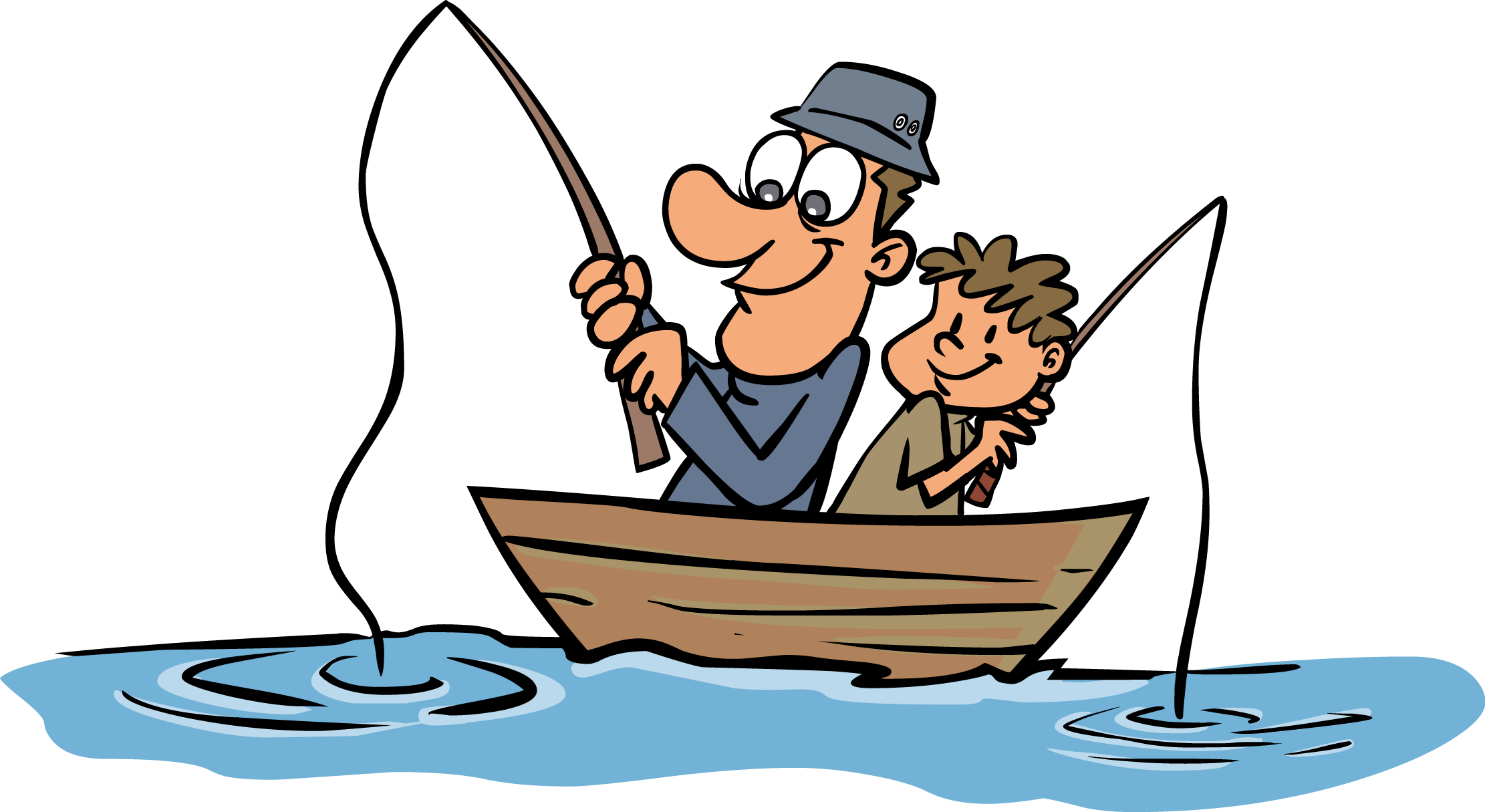Fishing for letter strings and sounds
A few years ago we trialed this sounds activity with Year 3 and it worked so well that we will be using the activity again during our "Seaside" focus CPD with the DFE funded WTSA/JLN project.
It is so simple .....and great fun too.
First of all you need to create a class magnetic fishing game .
It is so simple .....and great fun too.
First of all you need to create a class magnetic fishing game .
You need a rod with string attached and on the end is a magnet.
You need a pool /pot pot bowl with no water in but with card fishes in it
Each card fish needs a paper clip nose so that when you pop the "fishing rod over the side of the pot,pool etc you can "catch" a fish with the magnet and its paper clip nose.
Each fish needs a letter string written upon it.
Now go fishing with your class.
- Put the rod in the pool, pull out a fish and then as a class look at the letter string.What does this letter string sound like in the target language?
- How many fish can the class catch and keep because a member of the class can think of a word with that letter string in it? If the class can't think of a word then the fish goes back in the pot,pond,pool!
Add more challenge.How many fish have you got in the net?
- Add to the challenge, how many fish can they catch as a class .... this means how many words can they say and write that have the specific letter string in the word in the target language and put in their imaginary "letter string word net" ? Count them up? this is how many words the class can catch as fish in that particular net
- Try a new fish from your magnetic pool.Which letter string word net contains most fish at the end of the game? .
Table games
- Ask each table to write down on a shared mini whiteboard the target language words they can think of that contain the letter string.
- Allow the table three minutes bilingual dictionary time too.Can they find new useful words with this letter string in the word.(They must be able to say the word and tell the class the meaning of the word too when it comes to sharing time!)
- Each table shares their words with the class and then as a class the table with the most words that are real target language words are counted up and that's the number of fish that class can catch with this particular letter string in the words.
Table against table game
- Make it a table against table fishing challenge- so the table with the most words , wins the magnetic card fish.This is a memory activity so differentiate the ability of the children on the tables to make this a fair game.Also words can not be looked up in the bilingual dictionaries this time , so this game would follow on well, from the game above.
- Which table has the most fish at the end of the game?



